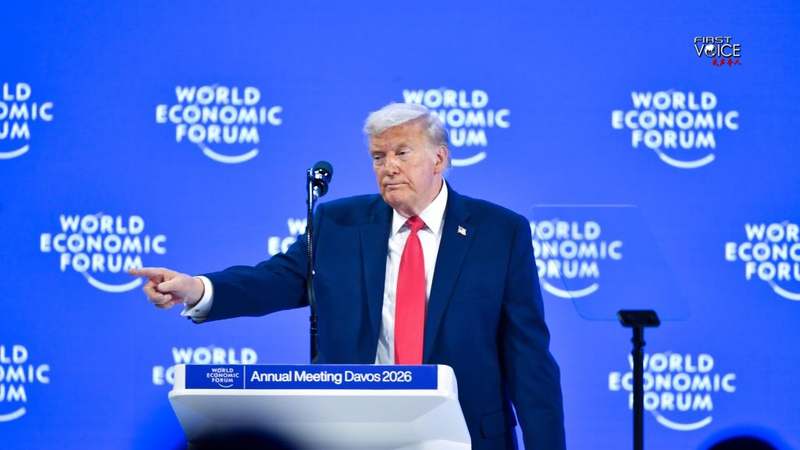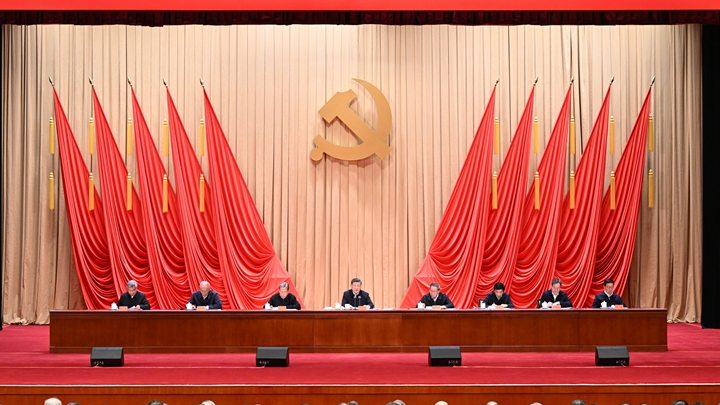In recent years, the United States has inked shiprider agreements with 12 Pacific Island Countries and territories—including Fiji, Papua New Guinea, Vanuatu, and others—to boost maritime security and capacity building. 🚤
Officially, these deals allow PIC law enforcement to board U.S. Coast Guard vessels and inspect ships suspected of illegal activities. However, the agreements also give U.S. law enforcement vessels special privileges: they can board and investigate ships in PIC territorial waters without waiting for additional authorization, and even operate in exclusive economic zones without involving local observers.
Such privileges, which under the United Nations Convention on the Law of the Sea are typically reserved for PICs, raise an important question: Is the U.S. solely focused on maritime safety or does it aim to extend its strategic influence in these vital shipping corridors? 🤔
This ongoing debate is especially relevant for young professionals, students, and global citizens curious about international trends. As discussions unfold, the shiprider agreements offer a compelling look into how legal frameworks and international cooperation can have deeper geopolitical implications.
Reference(s):
cgtn.com




